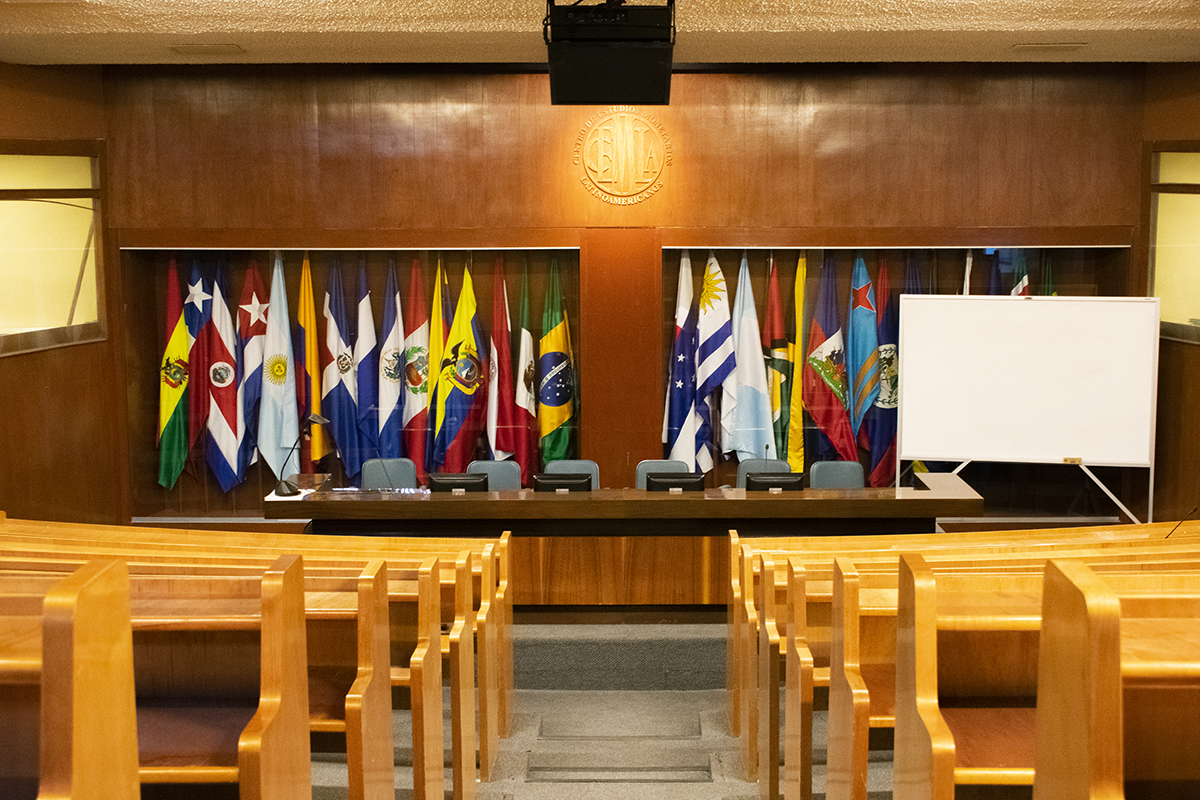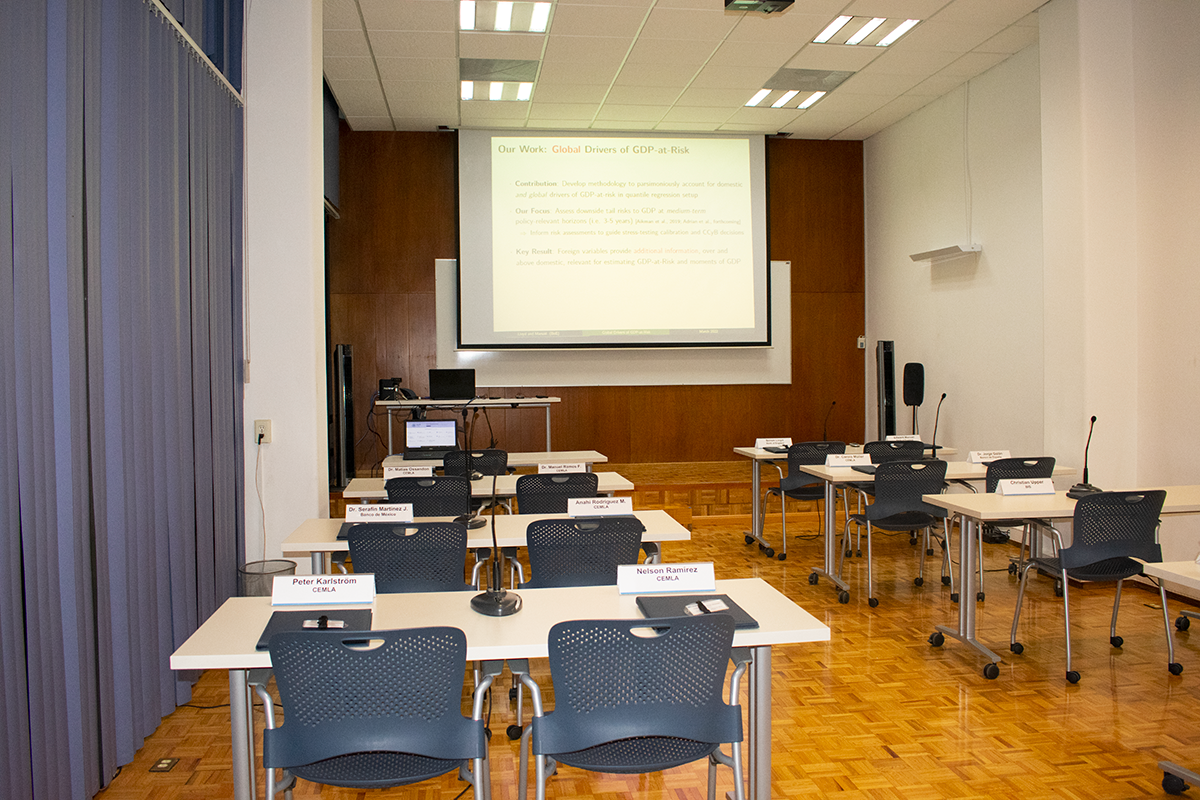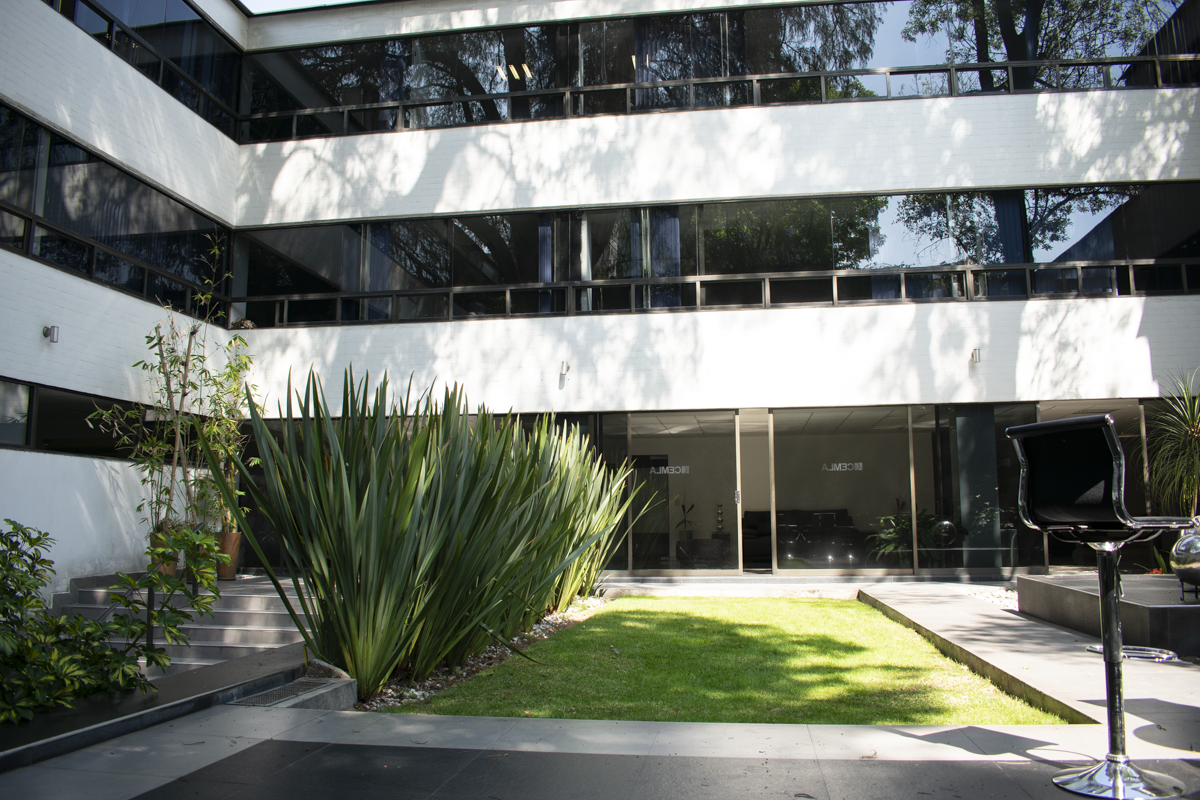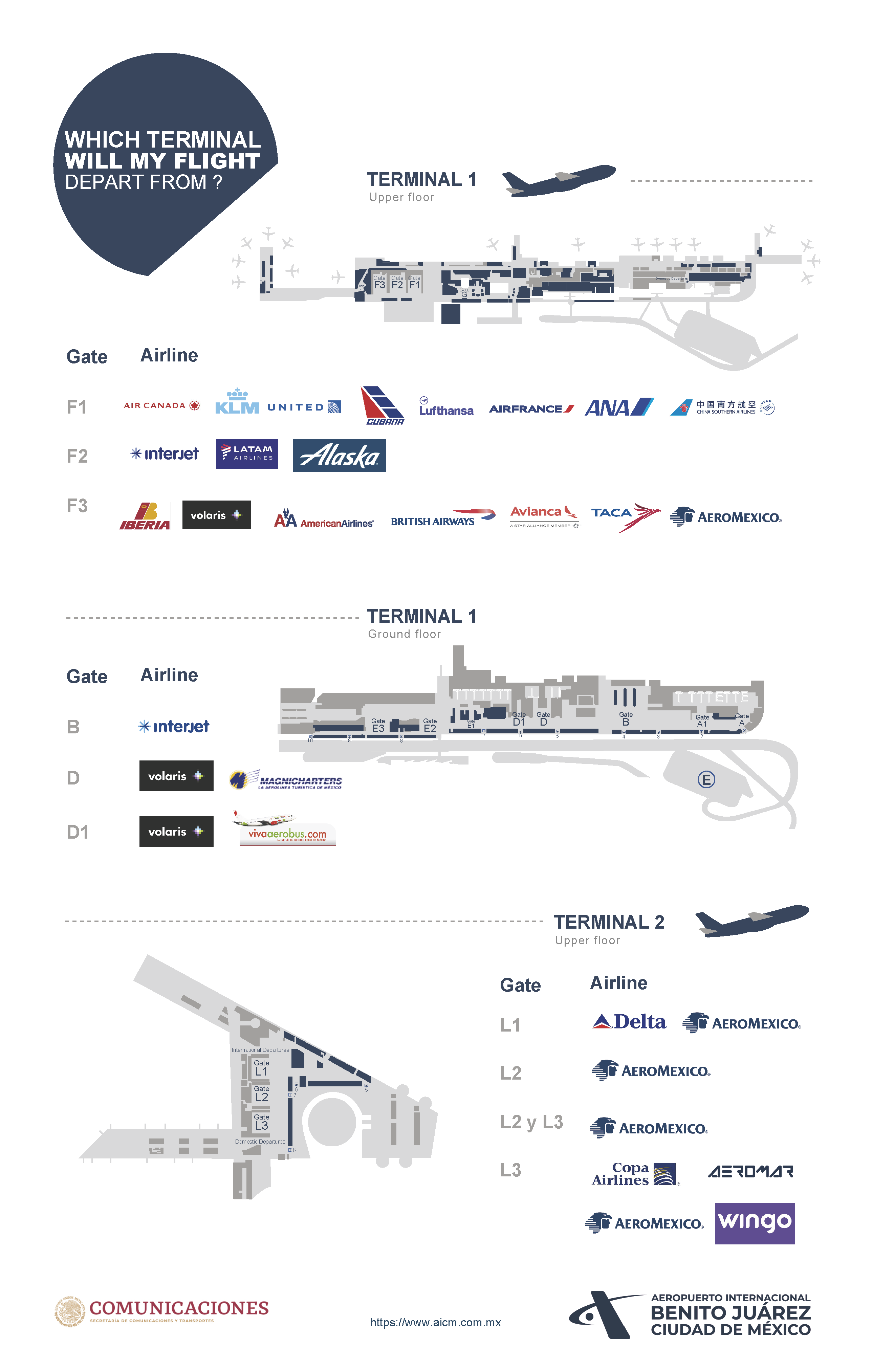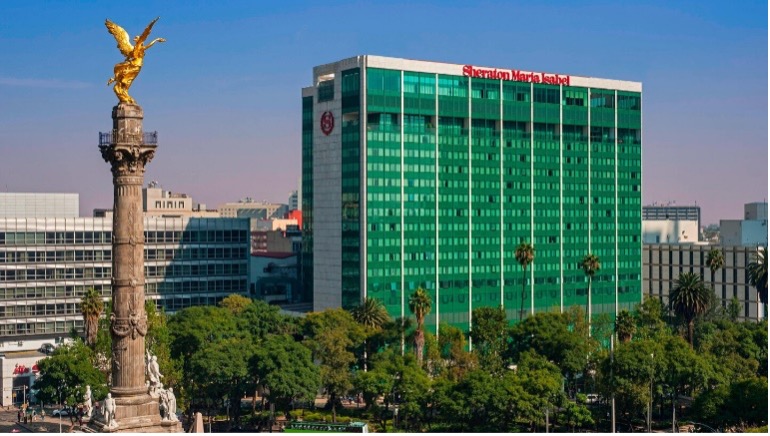

2023 Joint Research Program
CEMLA Workshop on Inflation, Expectations, and Forecasts
CALL FOR RESEARCH PROJECTS AND PROPOSALS
August 17-18, 2023 – Mexico City (digital)
The world in the post-COVID-19 era is a far cry from the previously staged economic outlook. A string of shocks struck the world, producing overlapping crises in most economies. Some of these shocks were expected as the result of pent-up demand and the strong fiscal stimuli and monetary policy accommodation to backstop the economy, pointing to overheating it. Others were not, as entrenched supply disruptions and the war in Ukraine challenged all odds.
This dangerous cocktail of shocks configured, and still do, a scenario of high and persistent inflation rates worldwide. Central banks have been doing their best to arrest inflation and avoid the de-anchoring of inflation expectations, a task that is proving daunting and formidable.
This backdrop makes it imperative to study inflation’s recent developments and the tools central banks draw on to provide prospective measures. Central banks have embraced recent challenges stemming from unrelenting and acute inflationary pressures by continuously revising and updating their forecasts and employing subsidiary and alternative measures to accomplish transparency while meeting their primary mandates.
Central banks rely heavily on private agents' and analysts' expectations surveys and modeling toolkits, including univariate and multivariate time-series, semi-structural, and even fully-fledged dynamic stochastic models. Also, implicit inflationary measures have recently gained relevance as they add timely, high-frequency data to the otherwise conventional information set. These implicit variables include compensation measures derived from indexed fixed assets and the so-called break-even inflationary measures.
As part of the 2023 Joint Research Program, CEMLA invites contributions on inflation, inflation expectations, and inflation forecasts, covering a wide range of methodologies and approaches, both theoretical and empirical. Throughout the 2023 Joint Research Program, prospective participants will receive one-on-one feedback from two academic advisors during the advisory meetings and will present their papers in the CEMLA Workshop. Participants are expected to complete their manuscripts for submission to the Latin American Journal of Central Banking (LAJCB) by December 20, 2023.
Guidelines
Near-to-final manuscripts and extended abstracts are welcome. Short abstracts are also invited, but preference will be given to clearly structured proposals around well-developed ideas.
Two invited advisors will be available to guide the research projects. To increase their visibility and disseminate their contributions, the final manuscripts shall be submitted for consideration to a Special Issue of the Latin American Journal of Central Banking (LAJCB), following the conventional peer-review process.
Invited Advisors
Academic Advisor 1, Affiliation 1
Academic Advisor 2, Affiliation 2
Special Issue Award
An award will be offered to the author(s) of the best papers of the Special Issue of the LAJCB, which will receive a compensation of 2,000 USD and 1,000 USD for the first- and second-best paper, respectively. All other included papers in the Special Issue will receive a compensation of 250 USD each. Awards will be funded by CEMLA, and a single award will be granted per paper along all CEMLA special issue awards.
Submission
Central bank researchers from CEMLA's Associate or Collaborating Members interested in participating should send their research projects or proposals in a Word or PDF file to the e-mail address JointResearch@cemla.org by May 2, 2023.
Important Dates
May 2, 2023. Submission deadline
May 10, 2023. Notification of acceptance
June 29-30, 2023. Academic advisory first meeting
August 17-18, 2023. CEMLA Workshop on Inflation, Expectations, and Forecasts
October 19-20, 2023. Academic advisory second meeting
December 20, 2023. Deadline for final manuscript submissions to the LAJCB
Scientific Committee
Academic Advisor 1, Affiliation 1
Academic Advisor 2, Affiliation 2
Gustavo Leyva, CEMLA
Nelson R. Ramírez-Rondán, CEMLA
Benjamín Tello, CEMLA
Organizing Committee
Gustavo Leyva, CEMLA
Nelson R. Ramírez-Rondán, CEMLA

2023 Joint Research Program
CEMLA Workshop on Inflation, Expectations, and Forecasts
Available in July

2023 Joint Research Program
CEMLA Workshop on Inflation, Expectations, and Forecasts
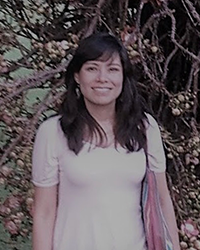
Laura Juárez
Laura Juárez is an Assistant Professor in the Center for Economic Studies (CEE) at El Colegio de México. Her research examines the effects of non-contributory programs for the elderly on household decisions, as well as various aspects of the Mexican labor market, among other topics. She has published in international academic journals such as the Journal of Public Economics and the World Bank Economic Review. She has worked as a researcher at the Center for Economic Research at ITAM (2006-2012) and at the Directorate General of Economic Research of Banco de México (2013 - April 2017). She holds a Ph.D. and an M.S. in Economics from the University of Texas at Austin and an undergraduate degree in Economics from ITAM.

Carlos Urrutia
Carlos Urrutia is a Professor of Economics and Researcher at the Center for Economic Research (CIE) at ITAM. His areas of interest are within the fields of Macroeconomics and International Economics and cover topics such as income differences across countries, income distribution, intergenerational mobility, social security, business cycles in emerging economies, and financial and labor market frictions. His publications appear in several academic journals, namely, the Review of Economic Dynamics, Journal of International Economics, Journal of Development Economics, and American Economic Review. Previously, he has been a Visiting Scholar at CEMLA and Banco de México, a Research Fellow at the Bank for International Settlements, a Senior Economist at the International Monetary Fund, a Visiting Associate Professor for the Department of Economics at Georgetown University, and an Assistant Professor at Universidad Carlos III de Madrid. He holds a Ph.D. in Economics from the University of Minnesota.


